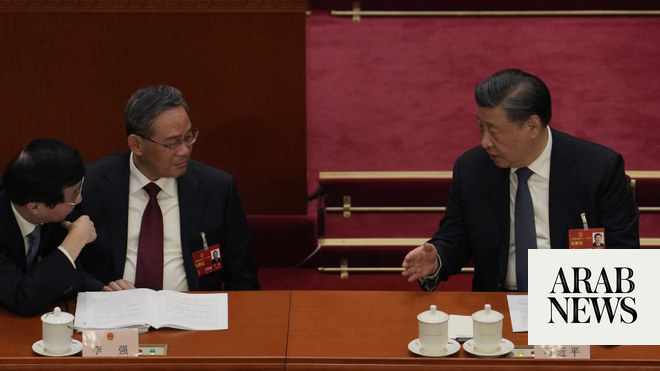
HONG KONG, Dec 16 (Reuters Breakingviews) - In 2017 the government of Asgardia, a “space nation” that claims sovereignty based on its ownership of a small satellite, held a citizen recruiting drive in Hong Kong. At the time, Prime Minister Lena De Winne explained to Breakingviews that its leaders were caught off-guard by the amount of interest out of China and decided to host an event there. The meeting was packed, and De Winne engaged enthusiastically with the audience on everything from virtual currencies to her policy on alien civilisations (she’s pro-engagement). Currently, Asgardia’s supreme justice is a lawyer from China.
Young Chinese people, disaffected, perhaps, by stressful lives in generic Chinese cities, have leapt into science fiction, fantasy role-playing and more; over 13,000 of them applied to live on Mars. The People’s Republic is the world’s largest video game market, with $46 billion in estimated revenue in 2020. Now companies like e-commerce giant Alibaba (9988.HK) and smaller rivals are betting the next generation will don avatars and dive into local metaverses - vast, immersive digital environments that host games, social networks, business conferences, retail stores, simulated sex and more.
The stock bubble has been dramatic. Shares in Shenzhen-listed ZQGame (300052.SZ), which said it will roll out a metaverse game, are up 300% year-to-date. Likewise, Inmyshow Digital Technology (600556.SS) enjoyed a massive rally after it announced it was developing something called Honnverse. Brands associated with virtual reality headsets as well as cloud service providers are up too.
Beijing, though, will tightly constrain China’s metaverse growth. Stock exchange officials are looking into ZQGame and Inmyshow, and state media is wagging its finger. Authorities are already busy fighting the “lie flat” youth movement, a slacker philosophy which advocates checking out of the rat race, and also battling a myopia epidemic. The last thing they want is to watch a generation disappear behind Oculus (OVT.V) headsets.
Moreover, metaverses feature cryptocurrencies, which Beijing has banned, alongside other virtual asset classes like non-fungible tokens that are prone to bubbles and regulatory crackdowns. Unlike mobile games or online videos, such platforms are inherently more difficult to monitor or censor too.
Companies exporting metaverse-related products and services may do well enough if overseas markets develop. But given the regulatory constraints, investors should ground their hopes for Chinese virtual fantasy worlds in political reality.
Follow @petesweeneypro on Twitter
CONTEXT NEWS
- Alibaba has registered a company focusing on the metaverse, the South China Morning Post reported on Dec. 15. The e-commerce company, as well as peers Tencent and Baidu, have filed trademarks for product names containing Chinese terms for metaverse, the report added.












